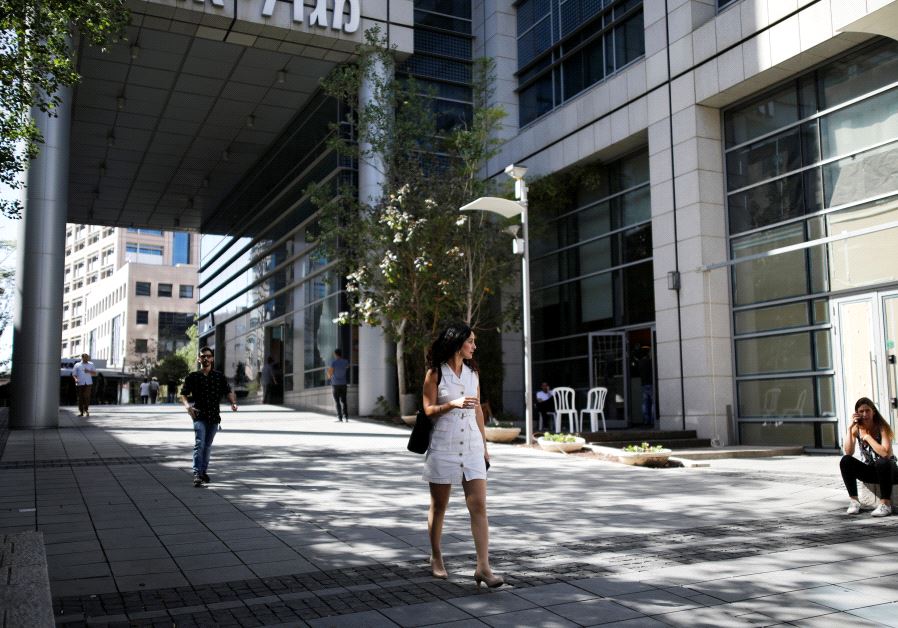What will 2018 bring to the Israeli tech community?
Consolidation of the cyber industry, Israelis at the Australian Stock Exchange, cryptocurrency and more.
 A woman walks near high-rise buildings in the hi-tech business area of Tel Aviv(photo credit: REUTERS/AMIR COHEN)
A woman walks near high-rise buildings in the hi-tech business area of Tel Aviv(photo credit: REUTERS/AMIR COHEN)